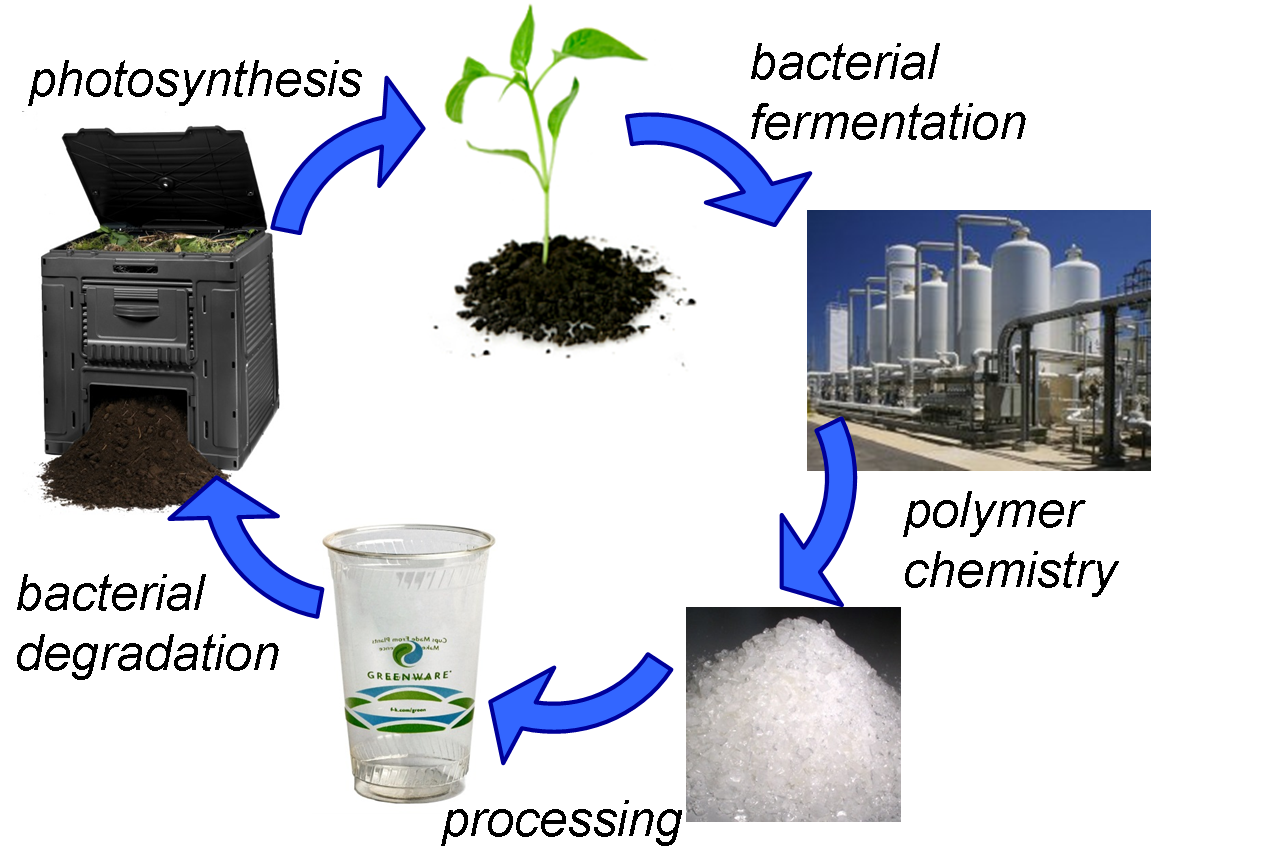Materials for Renewable Energy and Sustainability
Course Description
This course reviews the selection and design of materials for use in energy generation and conservation applications. The principles behind traditional petroleum-based and renewable technologies for energy generation are outlined. Each energy technology is approached from the perspective of materials requirements for generation, storage and transmission, and the selection of materials that enable more efficient energy use. The properties of metals, ceramics, and polymers are covered, but particular emphasis is placed on organic and polymeric materials. The concept of life cycle assessment is introduced from a materials science perspective and we place energy problems in the context of global economics, ethics and efficiency. The course approaches sustainability as an open-ended, complex engineering problem. We occasionally discuss/debate the course of societal action on climate change and energy. Near the end of the semester we will have a mock debate session on topics provided in advance.
Requirements
homework (30%) + debate project (20%) + 2 in-class midterms (25% each) = 100%
Objectives
At the end of this course, students should be able to:
- Understand the rationale behind the development of renewable energy technologies.
- Have a working knowledge of the main classes of renewable energy technology.
- Describe the types of materials used in and the operational requirements for each renewable energy technology.
- Indentify the research challenges to be overcome in renewable energy.
- Identify, formulate and solve energy balance problems.
- Communicate effectively about energy engineering problems.
- Understand the impact of engineering solutions in a global and societal context.
- Use the techniques, skills, and engineering tools necessary for modern engineering practice.
